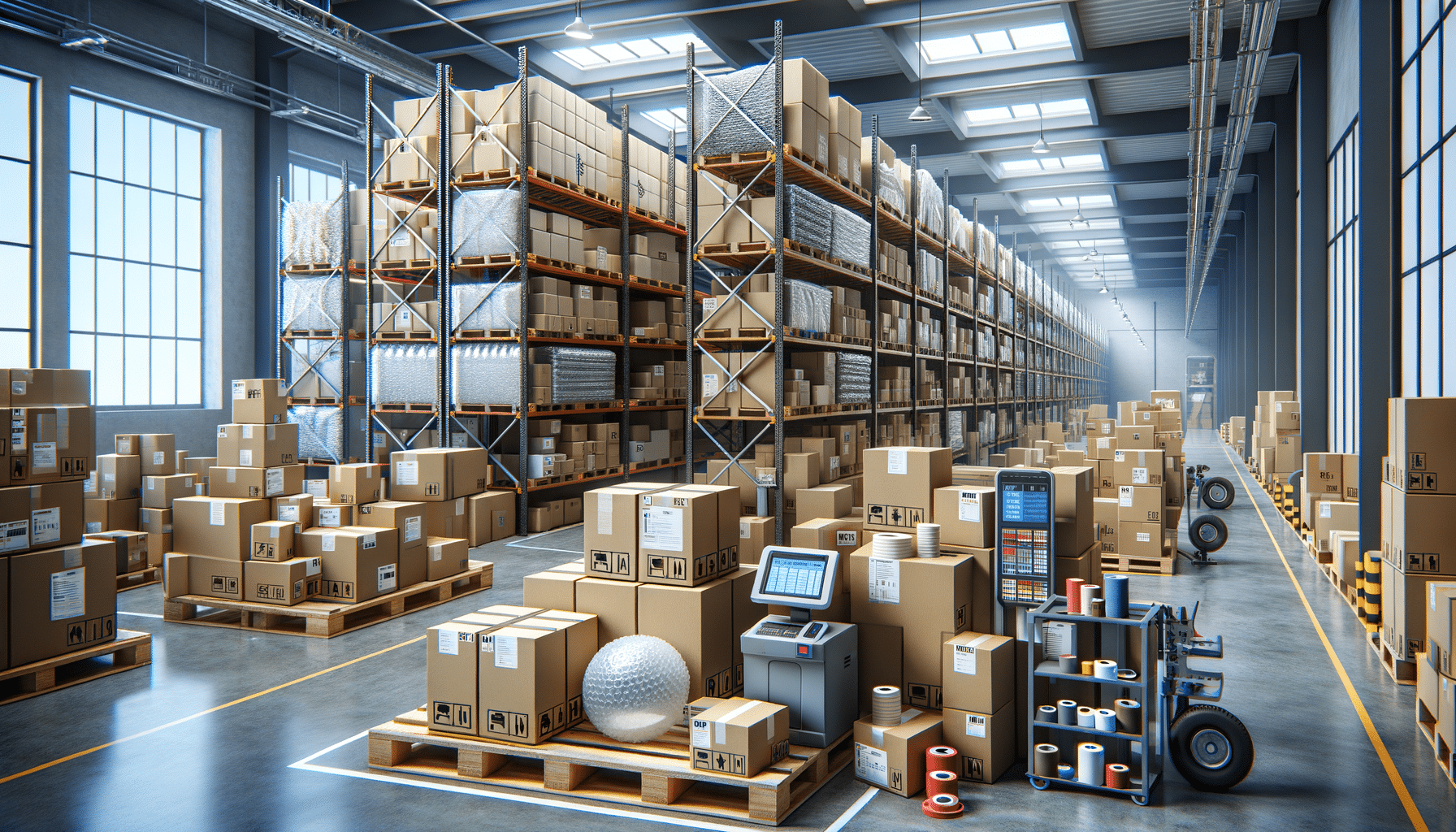
Packing Job
Introduction to Packing Jobs
Packing jobs play a crucial role in various industries, ensuring that products are securely packaged for transportation, storage, and sale. The demand for efficient packing processes has grown alongside the expansion of e-commerce and global trade. This article explores the significance of packing jobs, highlighting their impact on the supply chain, the skills required, and the career opportunities available in this field.
The Role of Packing Jobs in the Supply Chain
Packing jobs are vital components of the supply chain, acting as the final step before products reach consumers. Proper packaging ensures that goods are protected during transit, reducing the risk of damage and loss. This is particularly important for fragile and perishable items, where inadequate packaging can lead to significant financial losses.
In addition to protecting products, packing jobs help optimize space during transportation, allowing for more efficient use of shipping containers and reducing costs. By minimizing wasted space, companies can lower their carbon footprint and contribute to more sustainable business practices. Furthermore, well-packaged products enhance customer satisfaction, as consumers are more likely to receive their purchases in excellent condition.
The role of packing jobs extends beyond physical protection. Packaging also serves as a marketing tool, with attractive designs and branding helping to capture consumer attention and drive sales. As such, packing jobs require a keen eye for detail and an understanding of both practical and aesthetic considerations.
Skills and Qualifications for Packing Jobs
While packing jobs may seem straightforward, they require a range of skills and qualifications to be performed effectively. Physical stamina and dexterity are essential, as packing often involves repetitive tasks and the handling of heavy items. Attention to detail is crucial, as even minor errors can lead to damaged products and dissatisfied customers.
In addition to physical skills, packing jobs demand strong organizational abilities and time management skills. Workers must be able to prioritize tasks and work efficiently under pressure, particularly during peak seasons when demand for packaged goods is high. Familiarity with packing equipment and machinery is also beneficial, as automation plays an increasingly important role in the industry.
Many packing jobs provide on-the-job training, allowing workers to develop their skills over time. However, some positions may require specific qualifications, such as a high school diploma or certification in packaging technology. As the industry evolves, there is a growing emphasis on sustainability and eco-friendly packaging solutions, making knowledge of these areas a valuable asset.
Career Opportunities in the Packing Industry
The packing industry offers a wide range of career opportunities, from entry-level positions to management roles. Entry-level packing jobs are often accessible to individuals with minimal experience, providing an excellent starting point for those looking to enter the workforce or change careers.
As workers gain experience and demonstrate their abilities, opportunities for advancement become available. Supervisory and managerial positions require strong leadership skills and the ability to oversee teams of packers, ensuring that operations run smoothly and efficiently. These roles often involve coordinating with other departments, such as logistics and quality control, to optimize the packing process.
For those interested in the technical side of the industry, careers in packaging design and engineering offer the chance to develop innovative solutions that improve efficiency and sustainability. These roles typically require specialized education and expertise, but they provide the opportunity to make a significant impact on the industry.
The growing emphasis on sustainability has also led to new opportunities in the development of eco-friendly packaging materials and processes. Professionals with a background in environmental science or engineering may find rewarding careers in this emerging field.
Conclusion: The Future of Packing Jobs
As the global economy continues to evolve, packing jobs will remain an essential part of the supply chain. The rise of e-commerce and the increasing focus on sustainability will drive demand for skilled packers who can adapt to new technologies and practices. By developing the necessary skills and staying informed about industry trends, individuals can build successful and fulfilling careers in the packing industry.
With its diverse range of opportunities and the potential for growth, the packing industry offers a promising future for those willing to embrace change and innovation. Whether you’re just starting your career or looking to advance, packing jobs provide a pathway to success in a dynamic and ever-changing field.


